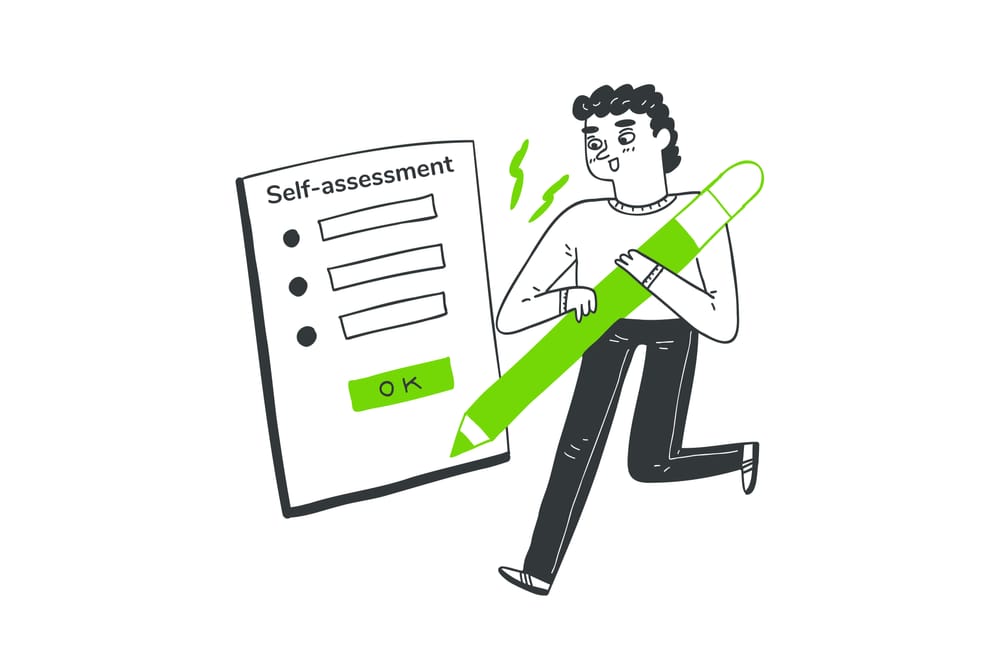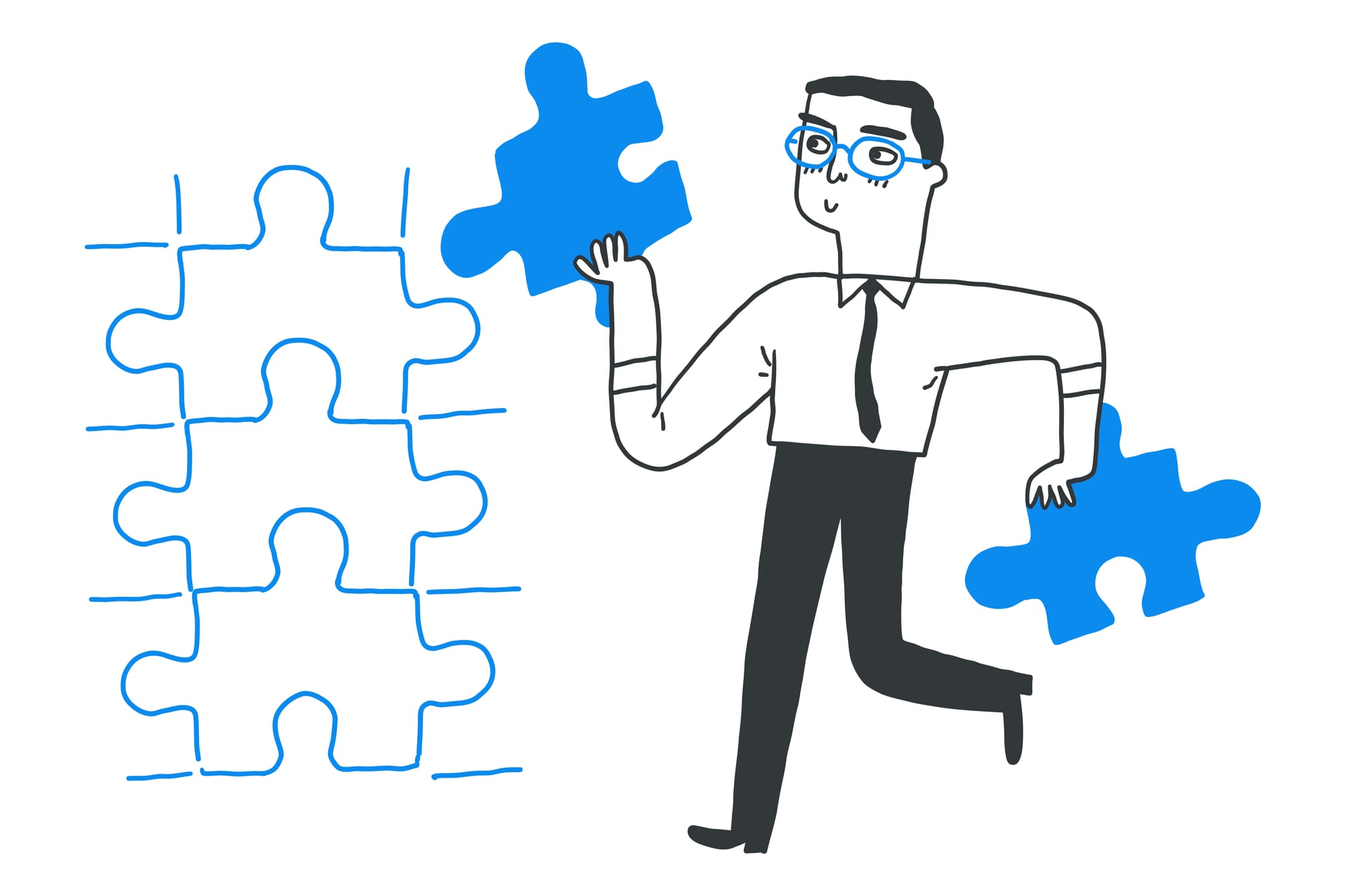As a software developer, understanding your worth is an important part of your career trajectory. But to gauge where you stand, you have to consider your technical abilities, experiences, people skills, and the projects you've worked on in the past.
Something that has worked for me is to compare qualifications and achievements against the industry's benchmarks for remuneration and roles that mirror your level of expertise. You might also have to ask yourself how your code contributes to the products you're building or how it helps the business grow. Also, do your methodologies streamline project flows? Engaging in open dialogue with colleagues or mentors can also reveal important insights into areas where you can improve while affirming your strengths.
Remember, it’s more than just your coding abilities; an honest self-assessment of your value as a software developer is equally anchored in your knack for fostering collaboration, articulating ideas, and gracefully navigating the tech world's constant changes. Here are some guidelines to help you honestly self-assess your value as a software developer.
Read more: Writing a Performance Self-Review in Software Development 📝 🤔
Criteria for Self Assessment
Technical Proficiency
Start by evaluating your proficiency in the core technologies and languages relevant to your field. Use platforms like LeetCode, HackerRank, or GitHub to compare your work against industry standards. Reflect on your ability to implement efficient, clean, and maintainable code.
Software development isn't just about coding; it's about understanding systems. How well do you know database management, cloud services, or cybersecurity practices related to your work? Assessing your knowledge breadth is crucial in determining your versatility as a developer.
Continuous Learning
The tech industry evolves rapidly. Evaluate how well you keep up with new technologies and methodologies. Do you dedicate time to learning new programming languages or frameworks? Are you engaged with the development community, through conferences, workshops, or forums like Stack Overflow?
It's one thing to learn a new technology, but applying it to real-world problems is where true value shines. Reflect on instances where you've successfully integrated new learnings into projects, contributing to innovation and efficiency improvements.
Problem-Solving Ability
Think about how you tackle difficult problems. Are you able to break down complex issues into manageable parts and devise effective solutions? Consider how you use logic, creativity, and research in your problem-solving process.
Assess the impact of your solutions. Have your contributions led to significant improvements in project outcomes, user experience, or system performance? The ability to drive meaningful change is a key indicator of a valuable software developer.
Teamwork and Communication
Software development is never a solitary endeavor. Reflect on how you work within a dev team. Are you able to communicate effectively with team members, understand their points of view, and contribute positively to achieving common goals?
Also, consider your role in guiding others. Have you acted as a mentor, sharing knowledge and experiences to help team members grow? Leadership doesn't necessarily mean managing a team; it's about inspiring and facilitating the success of those around you.
Industry and Business Understanding
Know the Bigger Picture. Understanding the industry you're developing for can be as crucial as technical skills. Assess your knowledge of the business or sector you're working in. Are you aware of the market needs, customer expectations, and how technology can address these?
Think about how you contribute beyond code. Do you suggest ideas that align with business goals? Do you understand how your work fits into the larger objectives of your organization?
Conclusion
Self-assessment as a software developer is an ongoing process that requires honesty and a willingness to grow. It's not just about identifying areas of strength but also recognizing where there's room for improvement. By regularly evaluating your technical skills, commitment to learning, problem-solving capabilities, teamwork, and understanding of the industry, you can better understand your value as a software developer and identify paths for personal and professional growth.
Remember, the goal of self-assessment is not to judge yourself harshly but to find opportunities to enhance your contributions to your team, projects, and the broader tech community.
SAMPLE Self Assessment ✅
Technical Proficiency:
Over the last few months, I've consistently improved my expertise in languages such as Java, Python, and JavaScript. As a result, I've been told in team feedback that I've helped a great deal in developing robust, scalable applications. My skills in frameworks like React for frontend development and Node.js for backend services have contributed to enhancing user experience and optimizing server-side operations.
Problem-Solving Ability:
My approach to problem-solving involves a thorough analysis of the issue, brainstorming possible solutions, and implementing the most efficient resolution. I have successfully debugged complex issues, reducing system downtime and improving application performance. My ability to break down large problems into manageable tasks has been key in meeting project deadlines and maintaining high-quality standards.
Team Collaboration and Communication:
As I aim to become an engineering manager some in the near future, I've decided to really improve communications. I have actively participated in team meetings, code reviews, and pair programming sessions this quarter, offering constructive feedback and insights to colleagues. My communication skills have also helped bridge gaps between technical and non-technical stakeholders, ensuring project requirements and progress are understood by every one. I have fostered a positive environment that encourages open dialogue and collaboration, contributing to the team's overall productivity and morale.
Innovation and Continuous Learning:
I'm always looking to learn new things. That's why I'm continuously seeking out new technologies and methodologies that can improve our work. My initiatives have included introducing containerization with Docker to streamline deployment processes and adopting agile methodologies to enhance project management. By staying curious and embracing change, I have contributed to the adoption of practices that keep our team at the forefront of software development trends.
Contribution to Business Goals:
Understanding that technical solutions have to align with business objectives, I have developed features that directly contribute to user engagement and retention. My work on optimizing the checkout process for the app, JUSH!, has led to a measurable increase in conversion rates. By aligning my development efforts with the company's strategic goals, I have ensured that my contributions have a tangible impact on business success.
Areas for Improvement:
While I have made significant contributions, I recognize the importance of continuous improvement. I aim to enhance my skills in cloud architecture to better support scalable, high-availability applications. Also, I plan to deepen my understanding of data security best practices to further contribute to our applications' integrity and trustworthiness.
Conclusion:
Through my technical skills, problem-solving abilities, collaboration, and commitment to continuous learning and innovation, I believe I have made valuable contributions to my team and projects. Moving forward, I am focused on addressing areas for improvement to further increase my value as a software developer and support the company's objectives.





